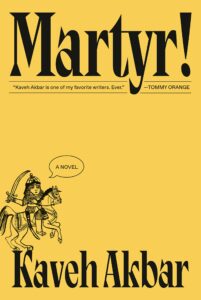Epigraph
by testsuphomeAdminThe opening chapter of “Epigraph, Martyr!” presents a poignant reflection on the fleeting nature of life, encapsulated in the lines from Clarice Lispector. The initial thoughts revolve around the realization of mortality, suggesting a moment of existential reflection. The narrator’s abrupt acknowledgment of death— “My God, I just remembered that we die”— sets a somber tone, evoking deep introspection of life’s impermanence.
However, there’s an intriguing juxtaposition presented in the following lines, as the narrator grapples with a sense of urgency about life’s transience. The phrase “But—but me too?!” expresses a startled recognition that this epiphany affects everyone, including the narrator themselves. The contemplation on mortality almost transforms into an existential discussion about the shared human experience.
Amidst this heavy theme, the mention of “strawberry season” introduces a lighter, almost whimsical note, suggesting that life, despite its inevitable end, still has moments of sweetness and joy. The juxtaposition between the weighty reminder of death and the fleeting joy of the season evokes a delicate balance between despair and appreciation for life’s transient pleasures.
In summary, this epigraph serves as a profound meditation on life’s temporality, highlighted by an introspective dialogue that oscillates between the recognition of mortality and the celebration of life’s simpler joys, represented by the strawberries. Lispector’s words encapsulate the essence of human existence, a mixture of joy overshadowed by the reality of mortality, encouraging readers to savor life’s fleeting moments while confronting the inevitable truths of existence.



0 Comments